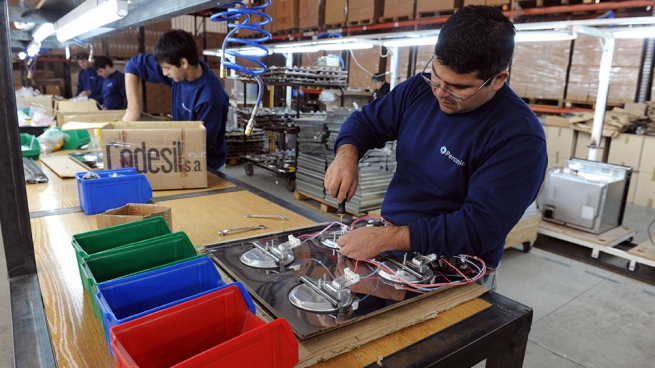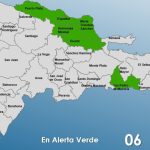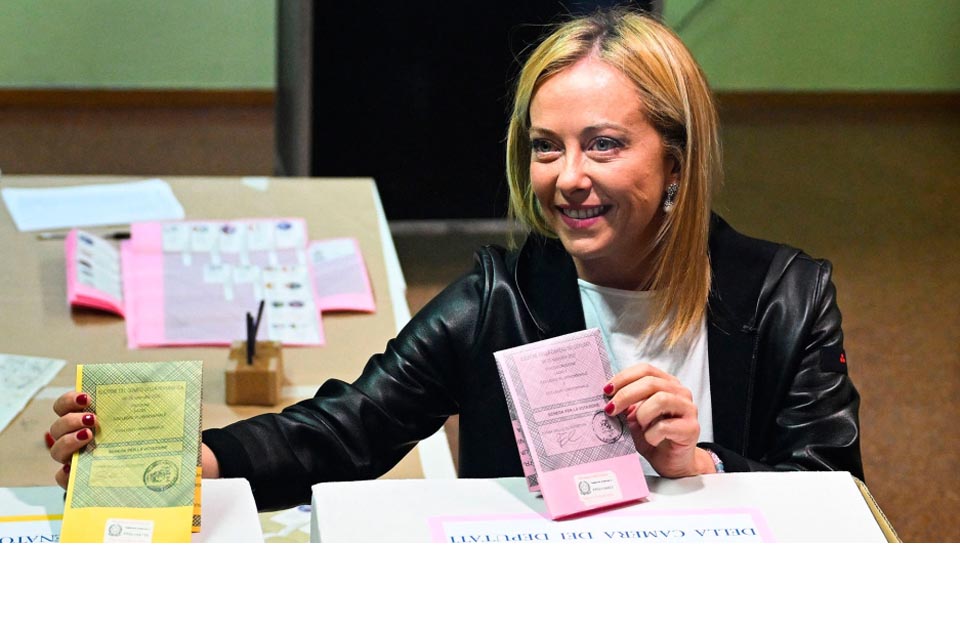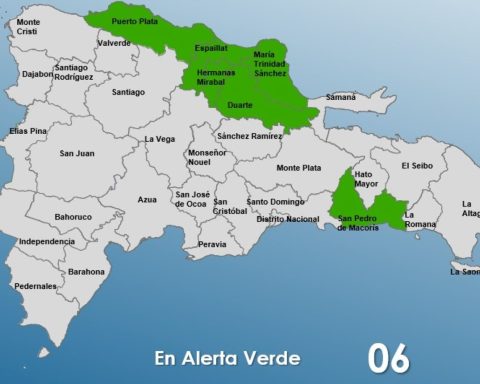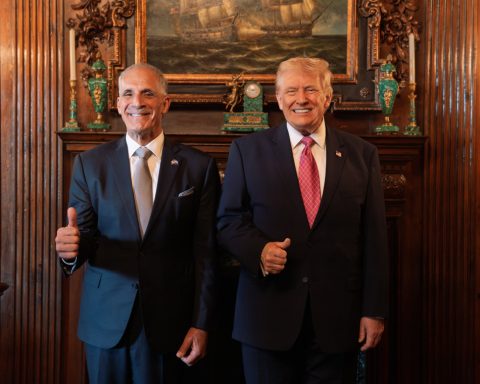Cooperatives to the World It is the new program of the Foreign Ministry that seeks to enhance the export profile of this segment of the economy and raise between 5% and 10% the exporters that last year exceeded US$ 3,800 million.
The initiative, presented at the Palacio San Martin by the Argentine Investment and International Trade Agency (Aaici) and the National Institute of Associations and Social Economy (Inaes), aims to promote the export culture within the cooperatives by providing resources such as technical assistance and support when promoting their products.
Only during 2021 the cooperatives added exports for US$ 3,852 millions and the share of the total exported reached the highest value in six years with 4.9% compared to 3.4% registered in 2020 and 2.4% in 2018.
The Argentine Investment and International Trade Agency (AAICI – @promociong) promotes exports and investments in Argentina by accompanying SMEs, cooperatives and entrepreneurs on their way out into the world and facilitating productive investment projects. pic.twitter.com/r5RubcbY8s
— Argentina Country Brand (@marcapaisar) March 9, 2021
From the Foreign Ministry they assured Télam that for this year and hand in hand with a dynamic that includes all the country’s exports, the figure will be even higher and the goal is to increase between 5% and 10% the number of cooperatives that export.
The agricultural cooperatives -especially with grain corn and soy flour and oil- led the offices and 14 firms concentrated more than 98% of total salesbut the focus of the new cooperatives is on activities as diverse as textiles, metalworking and – more recently – the knowledge economy.
But to be able to export requires a scale and knowledge that, in the case of cooperatives, are often difficult to achieve.
“Cooperatives to the World is an export promotion program that essentially consists of organizing workshops and financing training to accompany when exporting”, explained to Télam, Alexandre Roig, president of Inaes.
When thinking about the initiative, Roig found a “very large export capacity” in the cooperatives but that, in order to make the leap, “they required a series of knowledge on how to manage themselves.”
For the head of Inaes, promoting and emphasizing exports from this segment of the activity “brings benefits at the level of territorial development because the income they produce stays at the local level, which is something that does not always happen with other export sectors” , he claimed.
Do not stay out! This Monday we present the bases of the new call for cooperatives to promote their technological development. This initiative is joint @INAESarg Y @ciencia_ar
? Modality: face-to-face
✍? Pre-registration: https://t.co/zuQTqXDyDj pic.twitter.com/PhMhTCsY68— R+D+i Agency (@agenciaidiar) September 24, 2022
That same look is shared from the cooperativism associations.
Carlos Mansilla, secretary of international relations of the Cooperative Confederation of the Argentine Republic (Cooperate), maintained that “the profit generated by that export remains in the country and is reinvested.”
“What the Foreign Ministry and Inaes are doing is very interesting because they are moving towards a state policy regarding cooperative exports, which I think could be more because progress has already been made,” said Mansilla.
Another pending account, highlighted by the organizations, is financing, especially when starting their projects, on which both Inaes and Aaici promised to work.
“The problem with the financial system is that it leaves a lot of people out. We are gaining space in consumption thanks to the Gondolas Law, but we lack credits for production or subsidies on rates,” said the Cooperar secretary.
Meanwhile, Roig agreed on this point and asserted that “credit allows for a scale that is necessary because the foreign market is very demanding from the point of view of long-term production continuity.”
In addition to making available the technical assistance of the Desafío Exportador program to analyze what improvement processes to apply for internationalization and to create a profile for Inaes within the ExportArgentina platform to promote the products of cooperatives, the Foreign Ministry will seek to invite firms to join the delegations of trade missions abroad and finance participation in fairs and business rounds.
In the same way, cooperatives will be able to access training on the subject and specialized technicians in the formulation of investment projects through Argentina Projects; and, in the case of cooperatives led by women, to the benefits of Argentinas al Mundo.
These courses will enable graduates to be qualified to be Technical Assistants of the Desafío Exportador and Argentina Proyecta Federal Programs, which assist SMEs to develop or enhance the exportable offer and to formulate private investment projects.
— Investment and Trade (@PromocionARG) June 1, 2022
Another management objective is to finance, at least partially, the certification processes necessary for international trade.
“We began to participate in some meetings and training where we began to interact with the Foreign Ministry and, from there, we began to take an interest in exporting,” Germán Sartori, president of the Argentine Chamber of Producers of the Popular Economy (Capep), pointed out.
In this regard, he indicated that, although a large part of the popular economy “is at an earlier stage trying to regularize its production, seeking the authorization of establishments and the necessary conditions to export”; some recovered companies “are already exporting”.
“The vast majority of cooperatives took advantage of the economic momentum of the post-pandemic and there are many new ones that emerged and are approved every week by Inaes. From this hand, those that export also grow,” Sartori said.
The Director of International Development of the Aaici, Martin Navarro, He agreed with Roig that cooperatives “have a lot of potential to grow.”

“Any cooperative can approach either the one that believes it can export or the one that, for example, wants to expand markets,” he specified and indicated that one of the tasks will be “landing” in the interior with the programs articulating with the “territorial knowledge ” and the “capillarity” that the provincial and municipal governments have.
Navarro stressed the need to “expand the base” of exports, which, as in the rest of the economy, are hegemonized by agri-food.
“The Agency seeks markets and promotion, but the role played by Inaes is very important, knowing the corporations and what they lack to grow productively,” he said.
The initiative, says Navarro, “It comes to consolidate the already existing lines of the State and adds, on the one hand, the financing to consolidate that export path and, on the other, monitoring to know what is exported, to where and in what volume”.
In addition, he stated that they will seek to “transform ideas into investment projects and help them find investors in the world or in the State itself to finance them.”
“The important thing is that we can maintain this export floor and continue to grow. We believe that, beyond some tools that we have been pushing, the capacity of export cooperatives has improved and, taking 2020 out, in recent years they have come with a growing trend,” added the director of the Aaici.
